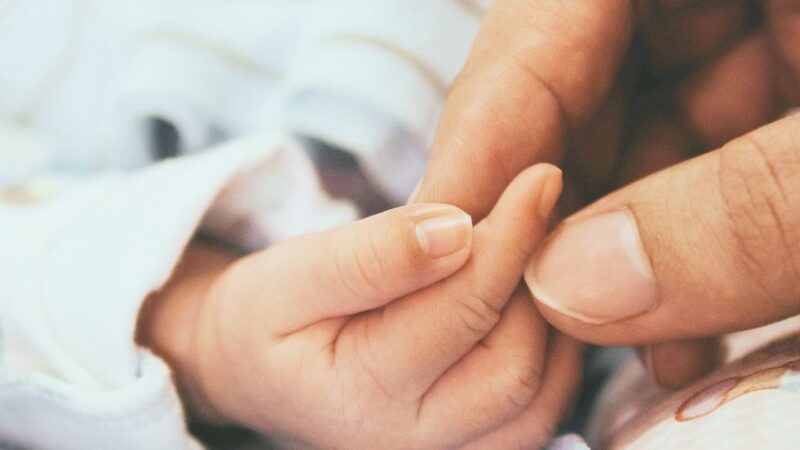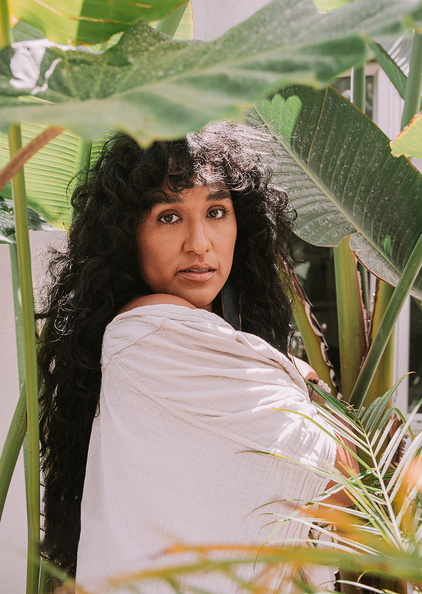Bliss out on baby, mi amor. Love your chichis. Admire your soft curves, your delicate belly, and the way you require intentional care. Everything deep comes to the surface as you pour sweat, milk, blood, and tears onto your sheets. I want your postpartum to feel blissful, so here are five tips to help you make that happen.
1. Make a postpartum plan.
You can’t plan exactly the way the birth will pan out, but you can plan the details of your postpartum support. Bodywork, meals, laundry, and childcare for your other children are some things to consider. Use this book as a guide to feel into what nonnegotiables you’ll need in place during la cuarentena.
2. Don’t DIY postpartum.
There’s a time and place for self-reliance. Postpartum ain’t the time. Postpartum traditions are community centered. Once you know that you’re pregnant, surrender to other folks holding you. Waddle that ass to circles with like-minded familias who you know would be down for mutual support. This is why we have the Indigemama community and so many other comunidades who are dedicated to saving our lives.
3. Shift your mindset.
One of the biggest internal challenges I see postpartum people go through is the mental chatter that puts a wall up, barring any chance for outside support. When we’re socialized into struggling and then rewarded for doing things on our own, it’s easy to feel guilty asking for help. You might be distrustful of other people’s capacity to fulfill your needs. How many times have you heard women say, “If you want something done right, you gotta do it yourself”? This belief sets postpartum people up for anxiety, stress, depression, and overwhelm. If you want postpartum done right, you have to feel in your body that you are worthy of being venerated; you must feel that you are deserving of being held.
Paying homage to you is paying homage to nature itself. Give your potential supporters that opportunity to connect with creation.
4. Repeat after me: affirmations, affirmations.
It’s easy to feel ashamed to ask for what you need. It’s normal to feel guilty when you see how hard people are working for you. Give yourself a pep talk: I allow myself to be cared for. I accept this help. I trust that I can be held without lifting a finger. I surrender myself to the love and labor of others. I soften and allow myself to be carried. I want you to do this every moment that you need it. When you affirm that you’re doing the right thing over and over, then eventually it becomes second nature.
5. Support your romantic relationship.
Postpartum is stressful AF! Those of us with multiple children can tell you that the little ones tend to take precedent over romantic relationships. But after a while, that really weighs down a union. Plan relationship goals. When will you start to date again? What’s the plan for one-on-one time? Who are the people who hold you and your partner(s) up as a sacred union? What baggage can you each decide to let go of now? What support can each of you get individually from healthy older couples who are content with each other? What can you appreciate about each other during la cuarentena? What words do you need to say to each other when the going gets tough? Nurturing a healthy, loving relationship with each other when you’re parenting children is a practice of discipline.
This excerpt is from Thriving Postpartum: Embracing the Indigenous Wisdom of La Cuarentena by Pānquetzani




